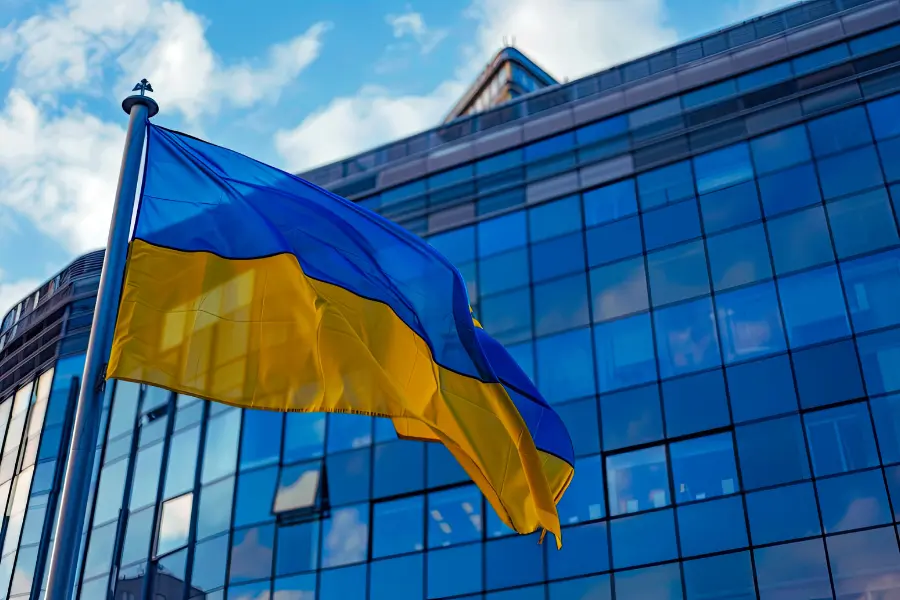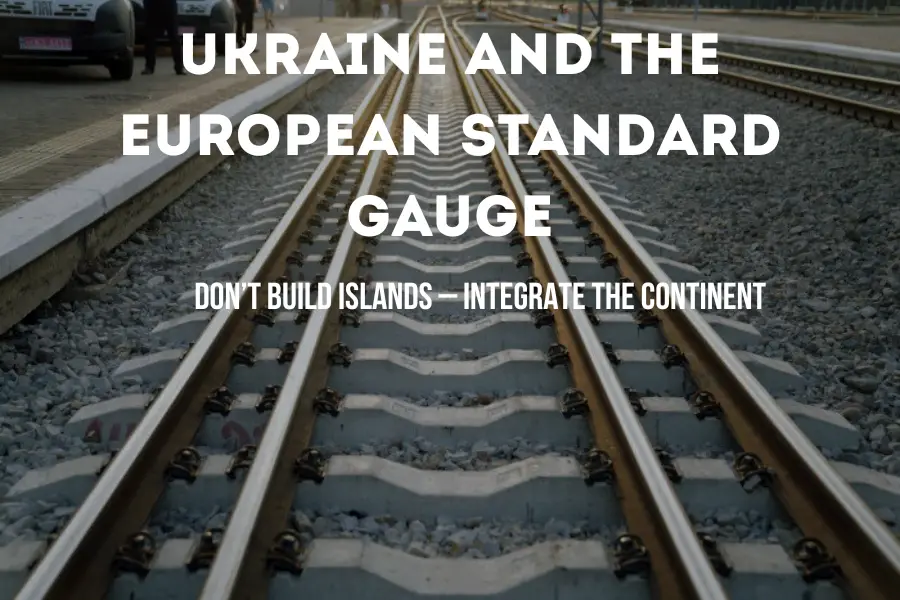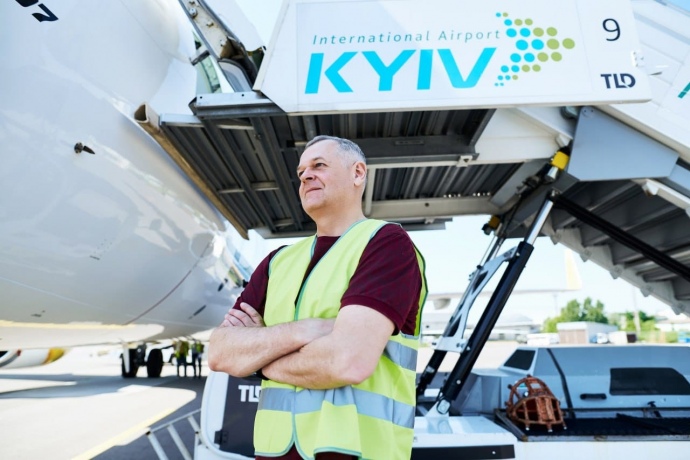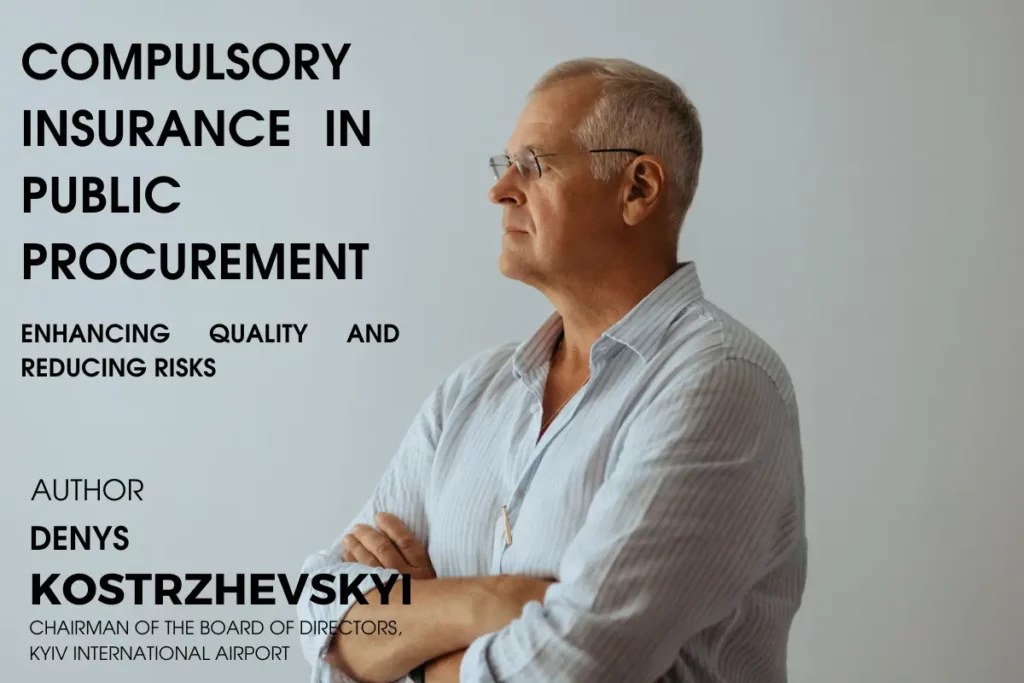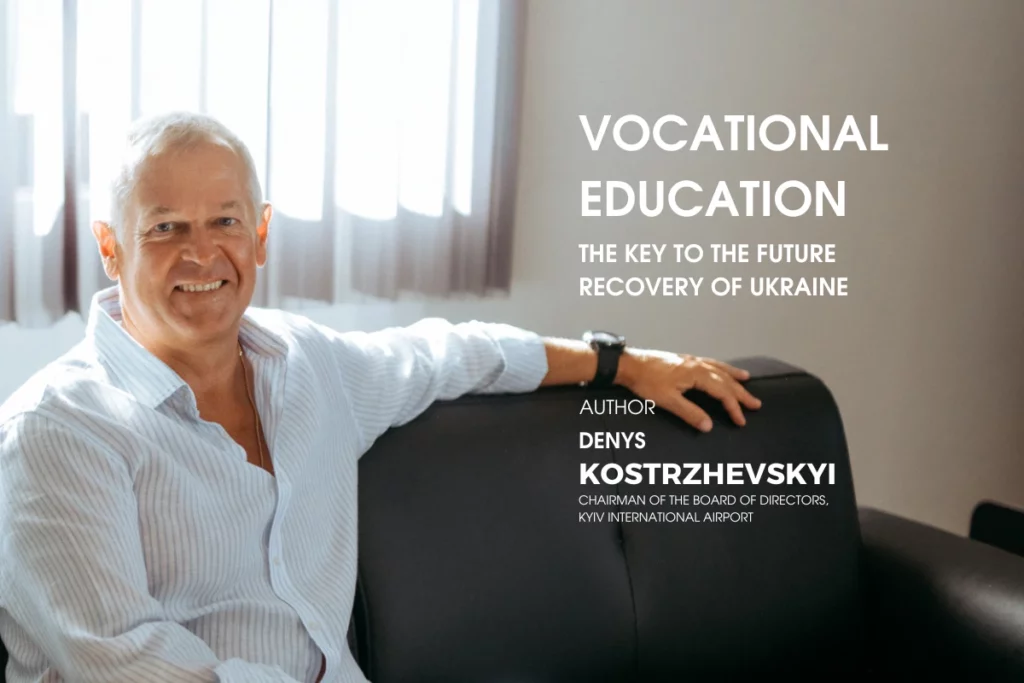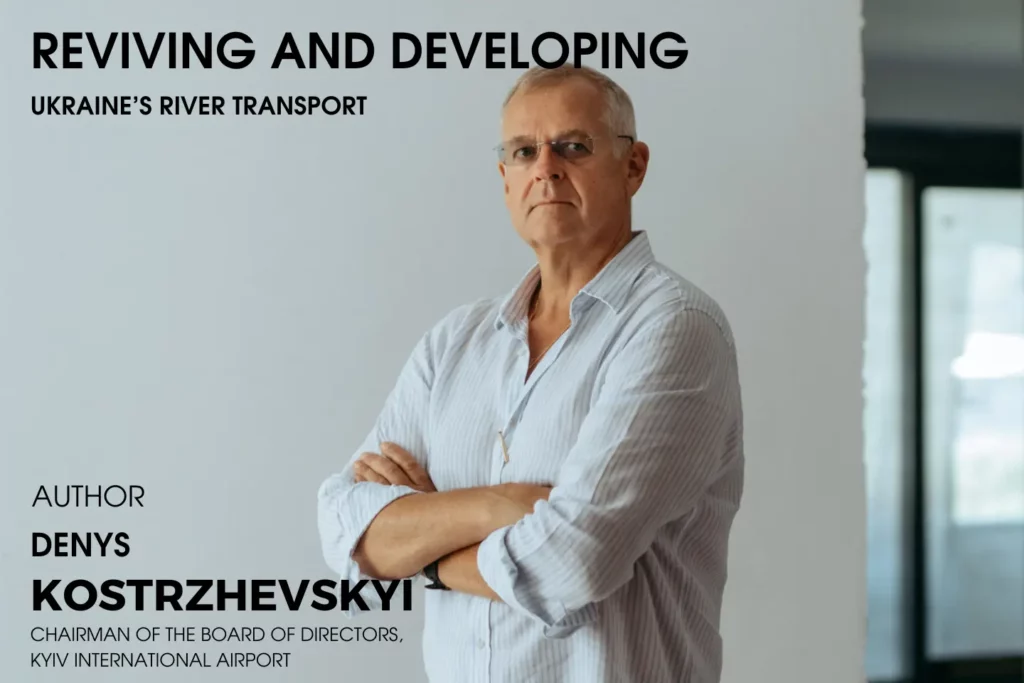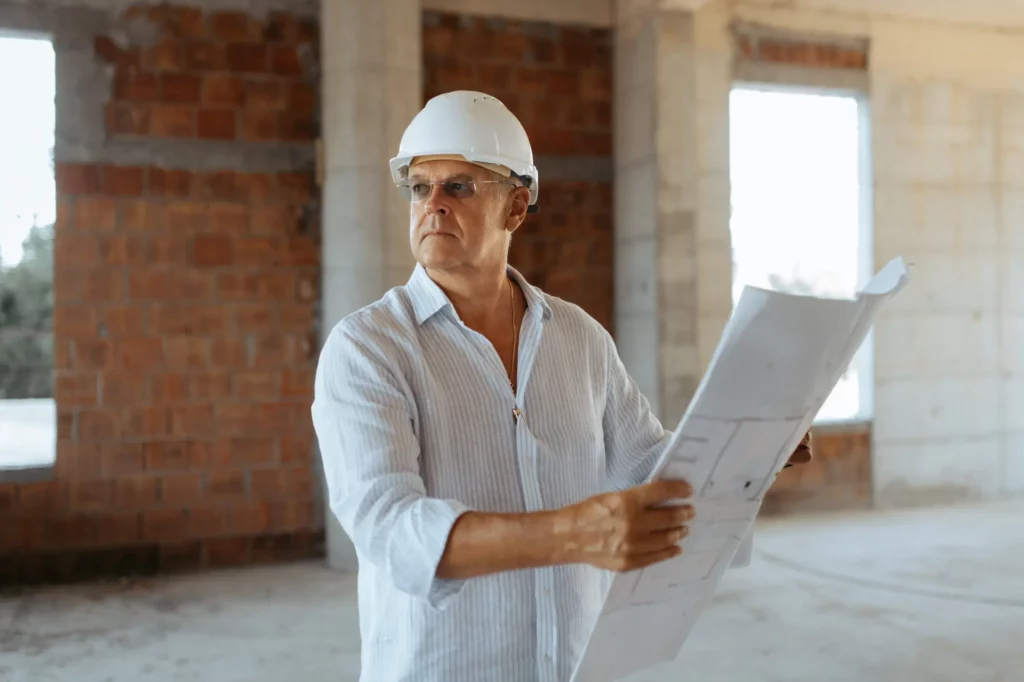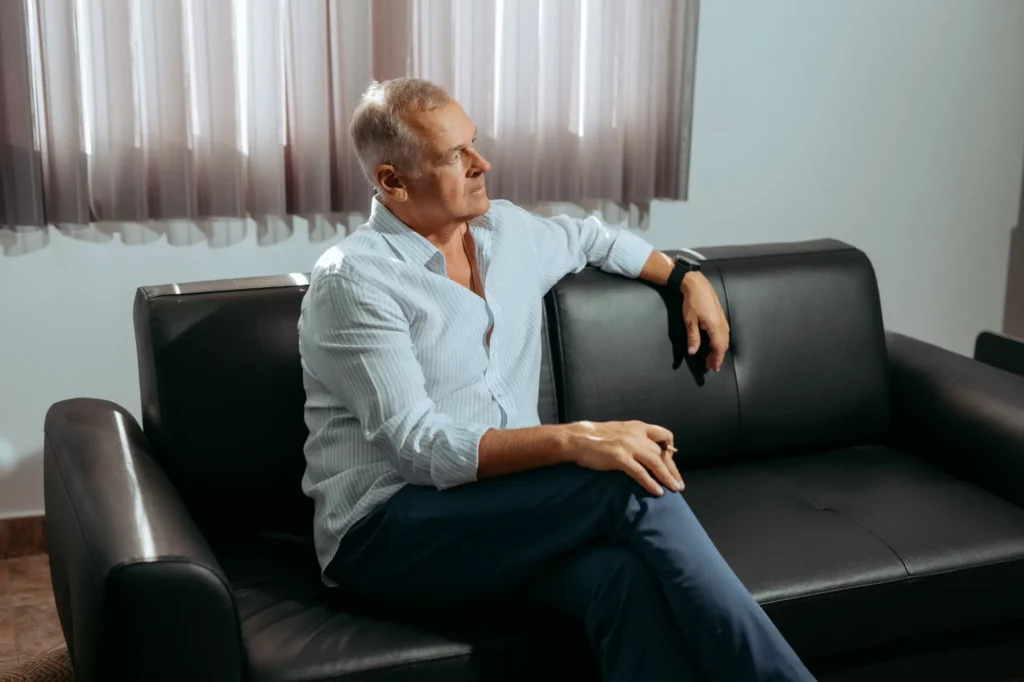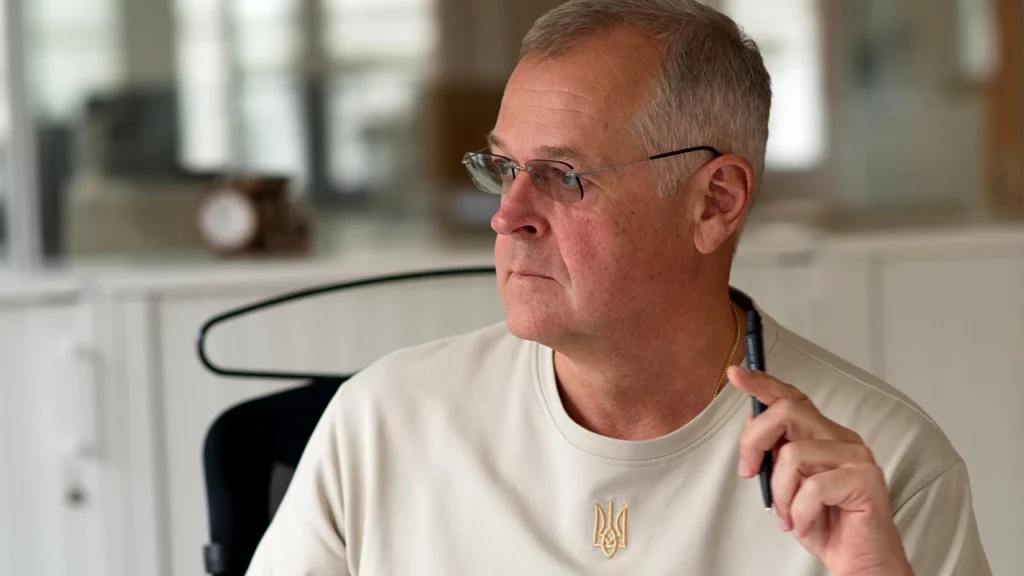Ukraine’s Investment Climate After the War: Key Conditions for Recovery
Denys Kostrzhevskyi, Chairman of the Board of Directors at Kyiv International Airport, expert in public-private partnerships.
Ukraine is preparing for a large-scale economic revival after the war. According to estimates by the World Bank and the United Nations, post-war reconstruction will require about $486 billion over the next decade. Massive international aid and investment have already been pledged, and experts predict that the country will become one of the most attractive emerging markets for investors. An unprecedented inflow of capital and development projects will create new opportunities.
At the same time, to fully realize this potential, Ukraine must ensure a truly favorable investment climate. Experience has shown that business has demonstrated remarkable resilience during wartime, but deep reforms are essential for sustainable recovery. Both domestic and foreign investors have clear expectations: strong protection of property rights, a fair and independent judiciary, effective anti-corruption measures, and conditions for the return of citizens and talented young professionals from abroad.

Protection of Property Rights and the Rule of Law
One of the main prerequisites for investment attractiveness is the protection of private property and the rule of law. For decades, Ukraine suffered from weak mechanisms to safeguard investors: corruption, bureaucratic arbitrariness, excessive state interference, and unclear property rights discouraged many potential investors. When legal obligations are not enforced and investors lack effective tools to defend their rights, confidence in the regulatory environment collapses and risks grow sharply.
Therefore, the institution of private property must be inviolable. Guarantees of asset security directly affect a company’s willingness to invest for the long term. Predictable and impartial justice reduces the risk of asset loss and adds stability to business decisions. Positive steps have already been made — the moratorium on agricultural land sales was lifted, judicial reforms are underway, and European legal standards are being implemented.
However, international research still indicates that Ukraine’s rule-of-law and contract-enforcement indicators remain below acceptable levels. Up to 2024, the country faced chronic legal instability and uncertainty in protecting investors’ rights.
Hence, consolidating judicial reform and providing real, enforceable protection for investors must become a cornerstone of post-war recovery.
Fighting Corruption and Ensuring Transparency
An equally important factor is a decisive fight against corruption and the establishment of transparency. Corruption has long been cited by investors as one of the biggest obstacles to doing business in Ukraine — particularly within the judiciary and government agencies.
Since the Revolution of Dignity, Ukraine has created a comprehensive anti-corruption infrastructure (NACP, NABU, and the High Anti-Corruption Court) and introduced electronic procurement and open registries. These reforms have had an effect: despite the war, the level of corruption is slowly declining — the Transparency International Corruption Perception Index rose from 30 points in 2020 to 35 in 2024.
Still, this remains below the global average, reflecting deep structural issues in governance and lingering investor mistrust. Business leaders openly state that effective reconstruction is only possible under a zero-tolerance policy for corruption and a fair judiciary. International partners echo this demand, urging Ukraine to strengthen independent oversight bodies and increase transparency in the use of public funds.
Eradicating bribery and shadow schemes will not only improve the country’s reputation but also raise investor confidence, ensuring that their funds will not “evaporate” through corruption. Thus, fighting corruption is the cornerstone of economic recovery and a prerequisite for attracting significant foreign investment.

The Return of Citizens, Youth, and Business
The war triggered an unprecedented outflow of people and talent from Ukraine, creating a serious labor shortage and a threat to long-term development. The government and private sector therefore share a common goal — to encourage citizens to return. Surveys show that fewer than half of Ukrainian refugees plan to come back, while about 12 percent intend to settle abroad permanently.
This problem is most acute among young professionals who see better prospects elsewhere. For instance, polls among Ukrainians in Poland reveal that only about half of displaced people plan to return, and even fewer among youth. To reverse this trend, Ukraine must create conditions that allow young people to fulfill their potential at home: decent-paying jobs, affordable housing programs for returnees, and a general sense of safety and opportunity.
Ukrainian businesses that relocated abroad during the war can play a major role here. Many entrepreneurs moved their companies to safer regions or other countries not to abandon Ukraine, but to survive — preserving the potential to return. These business leaders and their teams could become drivers of reconstruction if the domestic environment becomes favorable for investment.
The government should continue supporting “return relocation” programs — simplifying registration, offering tax incentives to returning companies, and engaging the diaspora in regional investment projects.

Conclusion: A Chance for an Economic Breakthrough
Rebuilding Ukraine’s economy after the war is a historic opportunity to leap forward and lay the foundations of a modern, competitive state. Success, however, depends on meeting the core expectations of investors and business. Ukrainian entrepreneurs and international partners are united in their message: inviolability of private property, fair courts, zero tolerance for corruption, and transparent rules of the game.
Only under these conditions will billions in investment flow into long-term projects, creating jobs and stimulating growth. Equally vital is the restoration of human capital — millions of citizens and young professionals whose contribution to recovery is irreplaceable.
A successful rebirth will require the joint efforts of government, business, and civil society: continuing reforms, combating corruption, and rebuilding trust.
If Ukraine can guarantee stability and protection for investors and opportunities at home for its people, the post-war nation will become a magnet for global capital. The foundations are already being laid, and the world is watching closely.
The choice is ours — to seize this unique historic moment and build a prosperous, resilient economy of the future, or to let it slip away.
As an entrepreneur, I am confident that fulfilling these conditions will open the door for Ukraine to rapid economic growth and deeper integration into global markets. After the war, we have the chance not just to rebuild what was destroyed, but to create a new Ukraine — attractive for business, comfortable for citizens, and resilient to any challenge.
Denys Kostrzhevskyi, Chairman of the Board of Directors at Kyiv International Airport, expert in public-private partnerships.
